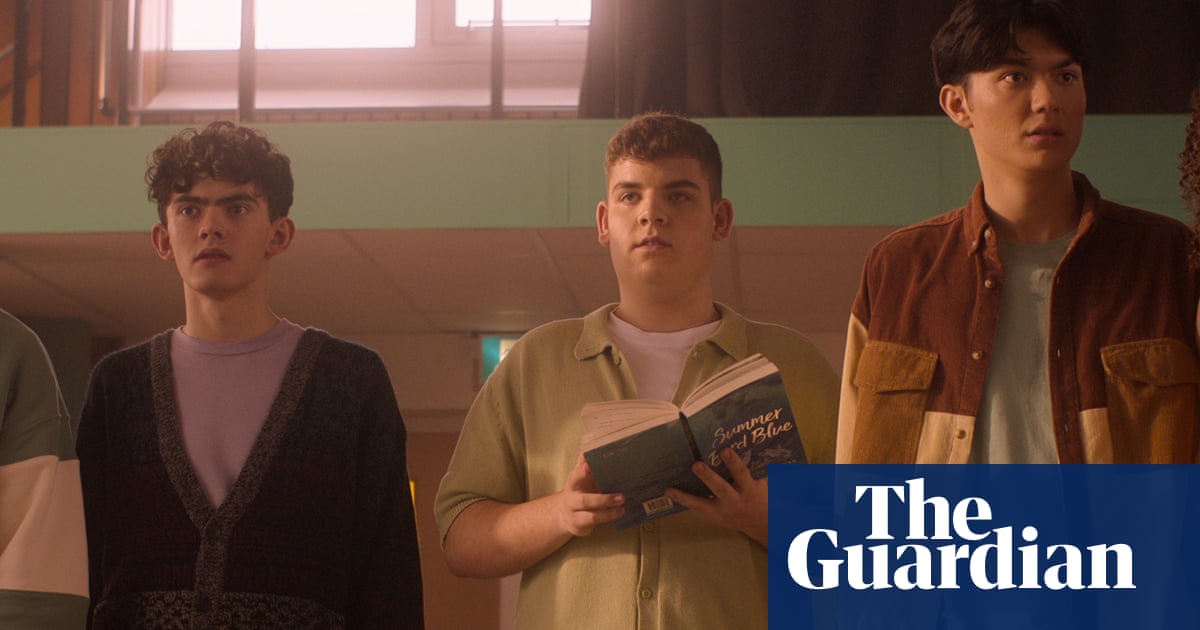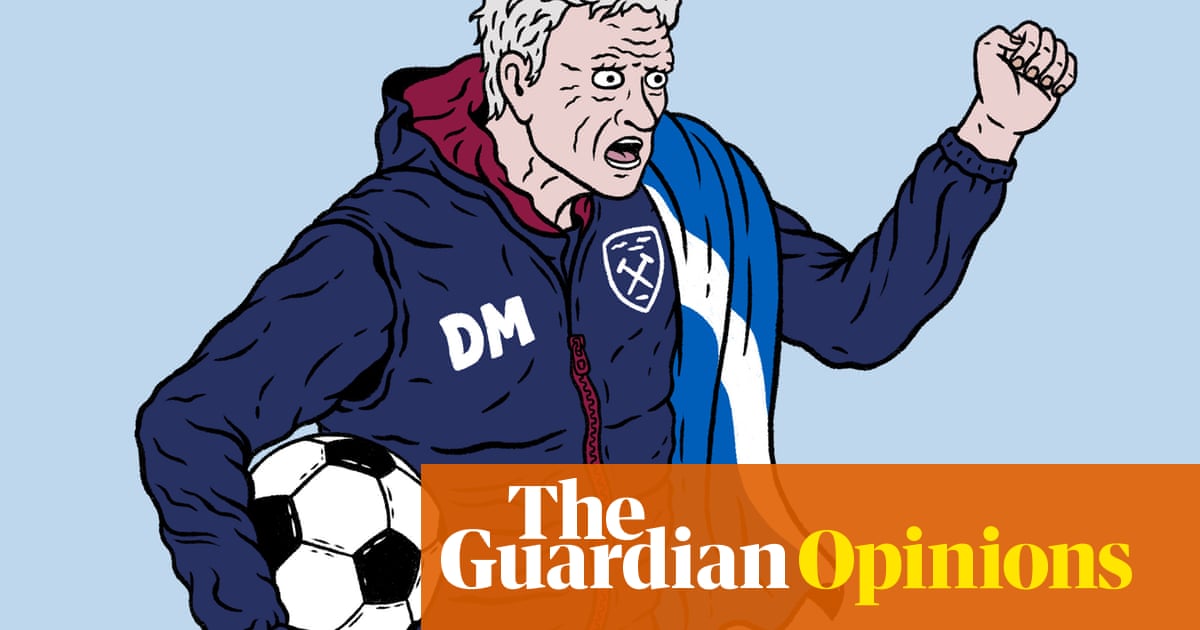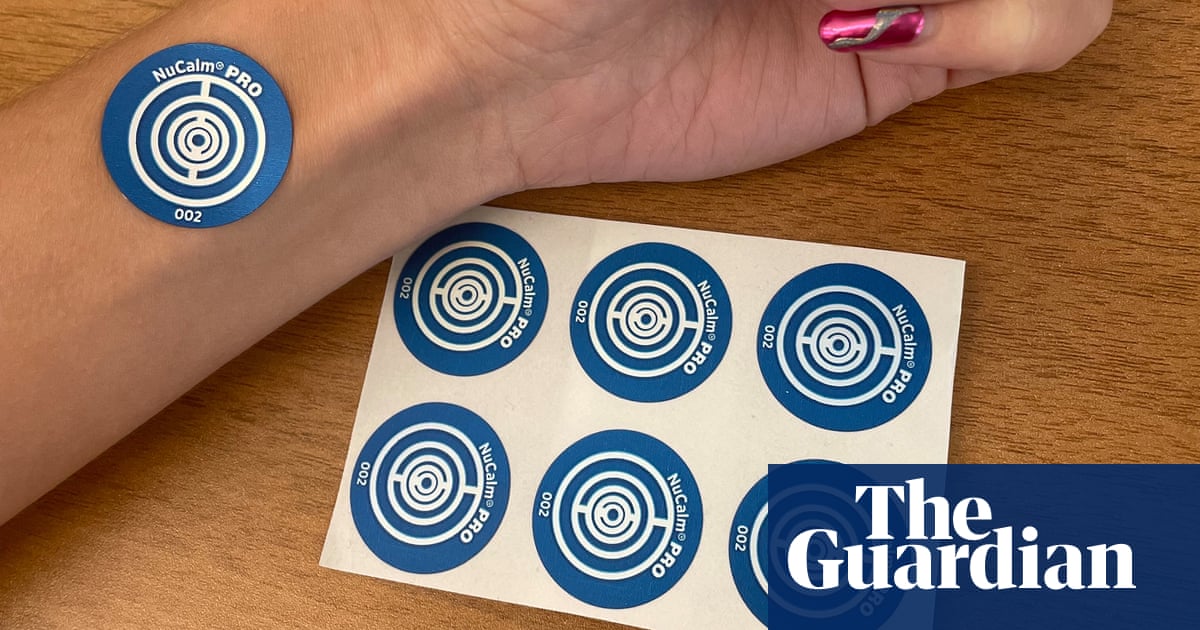
very black person I know right now is exhausted. They are exhausted by the two pandemics disproportionately hurting and killing black people: Covid-19 and white supremacy. Covid-19 is a new sickness that hopefully we’ll soon find a cure for, or at least learn to live with. But white supremacy is a disease as old as time, for which we’ve been waiting generations to see a cure.
As we mourn and seek justice for the murders of George Floyd, Ahmaud Arbery, Breonna Taylor, Nina Pop and Tony McDade (to name but a few), many black people such as myself are wondering: what will happen when the news cycle is over, the social justice memes are no longer posted, and the declarations for inclusivity, diversity and “doing the work” have died down? What happens when white people, momentarily awoken from the comfortable slumber of white privilege by this moment of unignorable protest, go back to sleep? How do we actually create an anti-racist world and rid ourselves of this sickness and system of white supremacy, when the people who benefit from it are not showing up to do the work?
After all, the disproportionate killing of black people at the hands of the police or civilians did not begin in 2020. When Trayvon Martin’s killer went free in 2013, and the Black Lives Matter founders tweeted the hashtag that would reverberate around the world, they were not just calling out the injustice of one case – but rather centuries of injustice of and dehumanisation of black people.
In When They Call You a Terrorist, BLM co-founder Patrisse Cullors and asha bandele share a gut-wrenching and powerful memoir of the prejudice and persecution so many black Americans experience at the hands of law enforcement. White people have become so desensitised to seeing black lives snuffed out on their mobile phones that they are often unable to connect the dots to see that each person had loved ones, desires, relationships, quirks and dreams. This memoir draws our attention not only to the statistics and atrocities committed against black Americans, but also to the humanity of those whose lives were taken, and those who, still living, continue to fight for justice for us all.
In her collection of essays and speeches Sister Outsider, Audre Lorde famously wrote: “Revolution is not a one-time event.” In order to understand what we are seeing on the news and experiencing in our lives, it’s important to understand how history has shaped this moment. Reaching back to books published by black thinkers and feminists decades ago shows us (depressingly) how things are still very much the same, but also (empoweringly) gives us language and context for understanding what we are seeing now – and therefore the ability to disrupt tactics of oppression that still operate today.
In order to dismantle white supremacy, we must be able to clearly name it. So You Want to Talk About Race by Ijeoma Oluo answers some of the most common questions we hear from white people about racism in chapters such as, “Why am I always being told to ‘check my privilege’?”, “Is police brutality really about race?” and “What are microaggressions?”
People are currently asking themselves what can we do in this moment. How can we show up both in the streets, and in our homes? And how can we do so in a way that is smart, sustainable and effective? Road Map for Revolutionaries by Elisa Camahort Page, Carolyn Gerin and Jamia Wilson is a handbook for people of all ages and backgrounds who are ready to step into advocacy and activism, but don’t know where to begin. This beautiful guide covers topics such as staying safe at protests, supporting marginalised communities, online privacy and how to keep up the fight for the long term.












